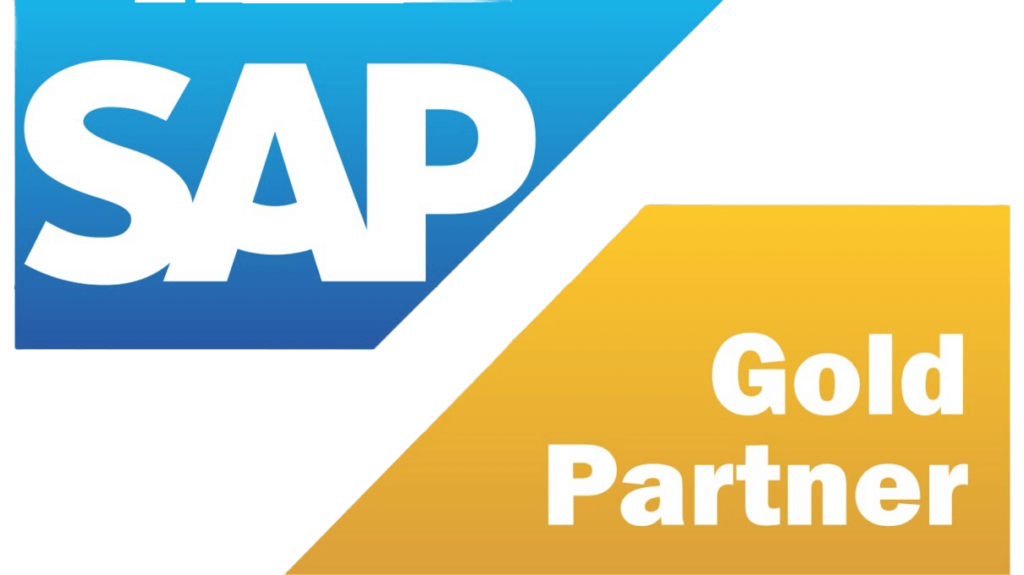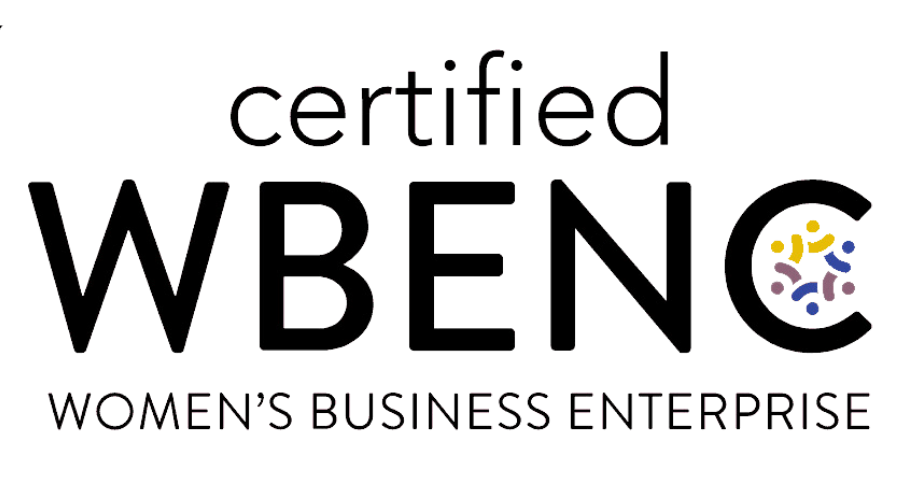Case Study: How to Leverage Data Archiving to Control Global Database Growth

October 21, 2021
Table of Contents
About Allergan
Allergan is a global pharmaceutical industry leader that develops, manufactures and markets branded patient-based products in four main therapeutic areas: medical aesthetics, eye care, central nervous system and gastroenterology. Allergan has multiple global locations including 40 manufacturing facilities, 27 global research-and-design centers and labs as well as a worldwide marketing/sales offices. They produce some of the more well-known pharmaceuticals including Botox (botulinum toxin), Juvederm (injectable filler), CoolSculpting (Cryolipolysis), Alphagan (brimonidine), Vraylar (cariprazine HCI), Linzess (linaclotide) and Ubrelvy (ubrogepant).
To learn how Optima and solutions from SAP and OpenText enabled Allergan to achieve new levels of operational excellence, download the full case study today.
All global companies have a continual challenge to efficiently store, retrieve, and manage massive amounts of data. Whether invoices, orders, product tracking or label content, storage and use of this data affects all aspects of the businesses. Effective content administration is essential to a company’s success, and as the volume of data grows this becomes increasingly difficult. Well-defined archiving strategies are essential.
The Challenge
In 2019 Allergan was facing a challenge with their North American and Global systems. With over 17 terabytes of data, they were experiencing facing poor data retrieval performance and it was becoming difficult to physically store the large volume of data. They needed a solution that would:
- Reduce overall database volumes
- Limit growth in and between the North American and Global systems
- Keep total cost of the system in check
- Provide availability of all historic SAP information
In addition, to future proof the system and accommodate growth, the solution needed to also:
- Incorporate and execute complex compliance requirements
- Align with current IT administration best practices
- Ensure proper skill set training was in place
- Incorporate a lifecycle management plan
To find a solution, Allergan needed to find a partner well versed enterprise challenges, global data archiving projects, and complex pharma industry best practices. Fortunately, they turned to Optima ECM, a firm with deep SAP knowledge, extensive database talent, and years of experience implementing data archiving projects in pharma, life sciences and other complex industries.
The Solution
Working together, Optima and Allergan defined the details of the solution incorporating the archive development kit (ADK) that would allow for the use of OpenText Archive Center. This optimized capability and reduced performance issues of outdated processes and systems.
Key components of this solution include utilizing pre-defined archiving objects, a combination of standard and customized data retrieval processes, and reconfiguring, optimizing and accelerating the OpenText Archive Server to ensure peak performance.
Optima achieved further efficiencies by disabling in-place automated archiving, enabling manual backlog archival, and enabling multiple client-based customized reports. Finally, to ensure the long-term success of the initiative, Optima trained the Allergan team to properly monitor and maintain all Archiving configurations.
- 4-5 times faster sales order processing
- 36% increase in efficiency resulting in $200,000 savings
- Increased order accuracy reduced corrective costs i.e. Premium freight, returns, unplanned schedule changes
- Repurposed team –2 CSRs now do the same volume of sales orders as 8
- $350,000 savings from 64% labor reduction for
- All data available in SAP for viewing, storage, and retrieval
The Results
Once the new solution was launched, Allergan immediately saw vast improvements in performance and an immediate reduction in storage costs. The new solution:
- Reduced database size by 10.31 TB between the North American NA1 (6.11 TB reduction) and Global PA1 (4.2 TB reduction) systems
- Reduced database growth rate
- Reduced overall cost of storage
- Provided consistent system performance
- Mitigated legal liability through proactive lifecycle management




